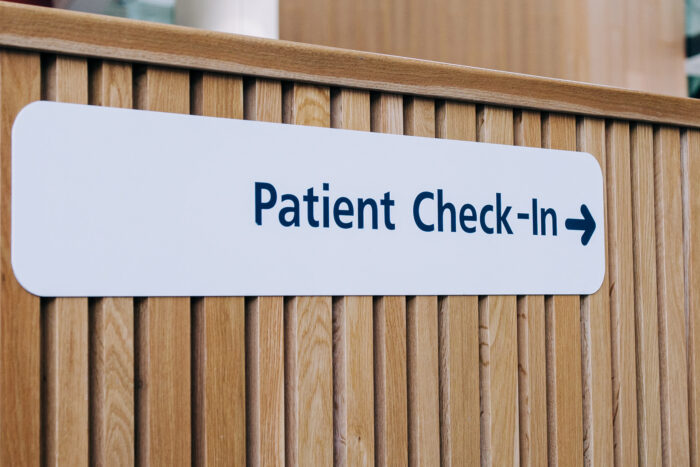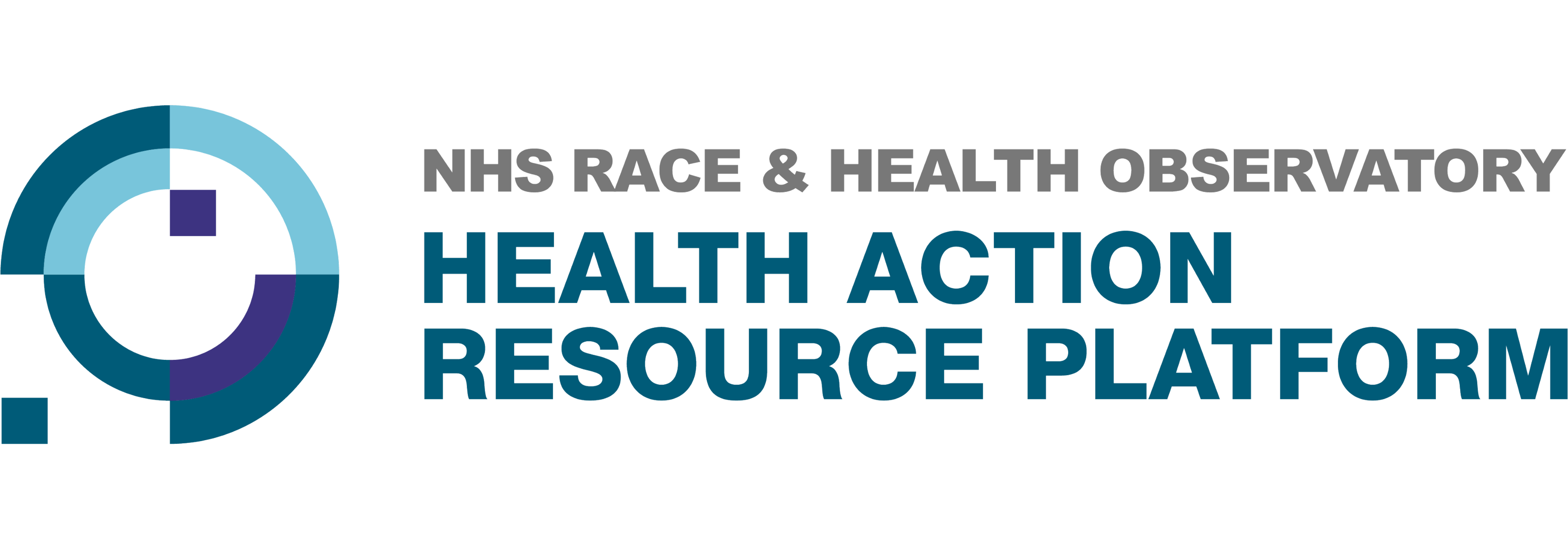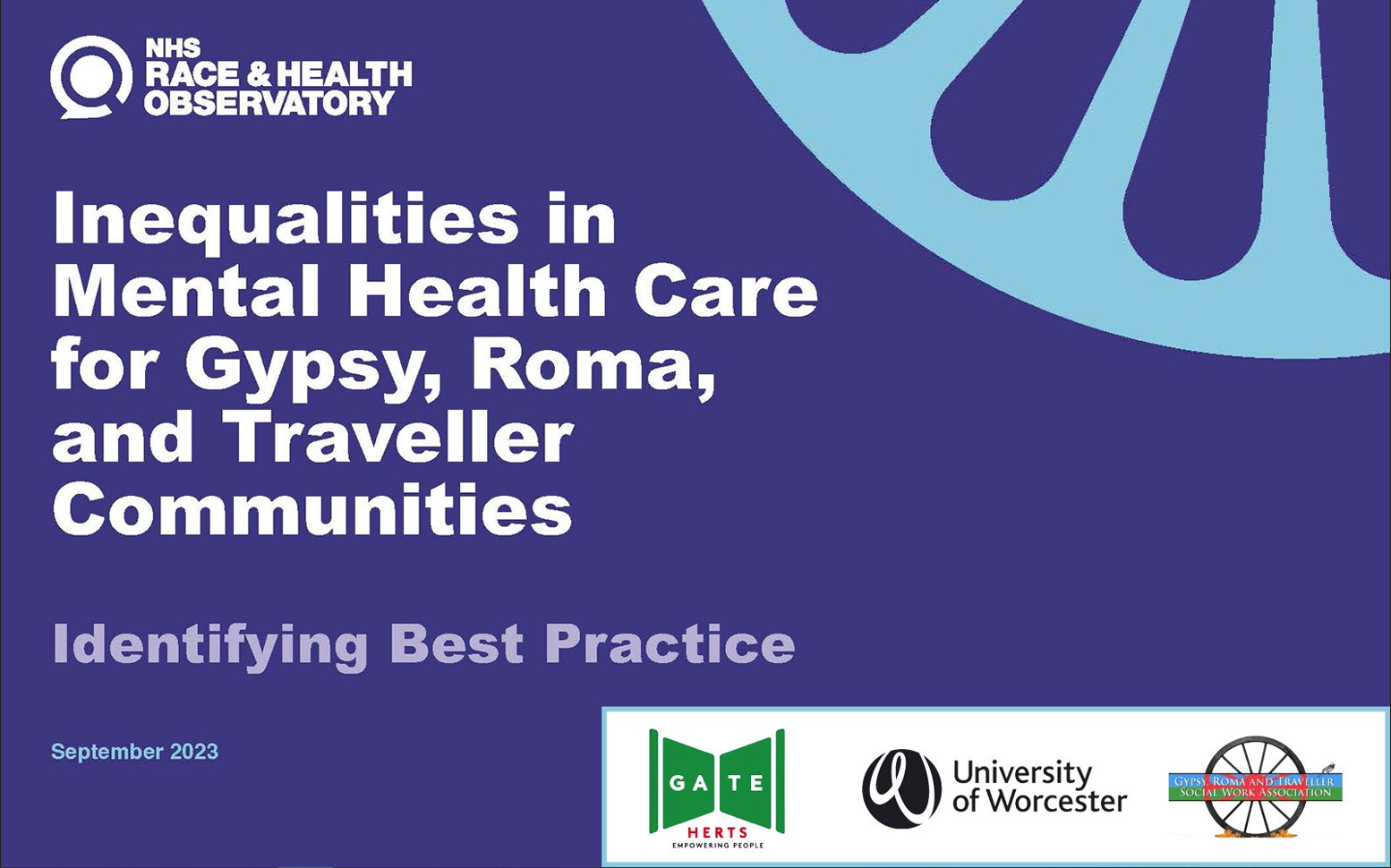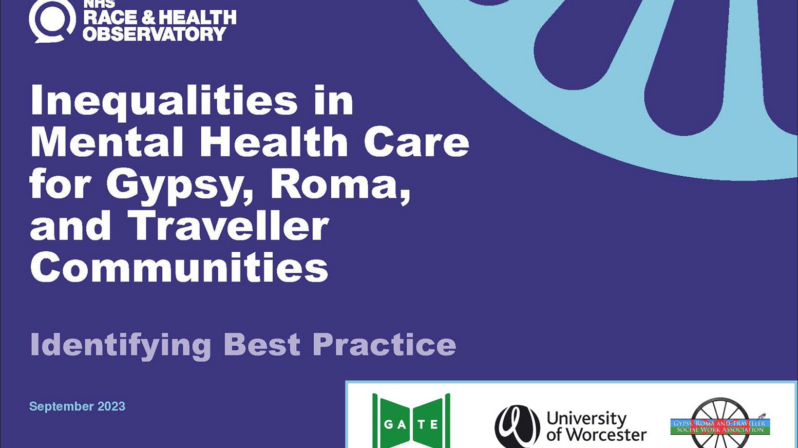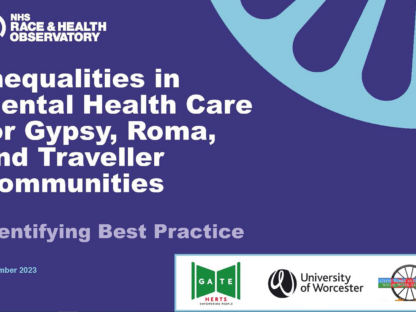This case study is drawn from a programme of research commissioned by the Race and Health Observatory and published in 2023. As part of this project, the team worked with six services in the UK and Ireland to understand good practice in mental health services for these communities. To read more about mental health in Gypsy, Roma, Traveller Communities, you can access the full research project here: https://nhsrho.org/research/identifying-best-mental-health-practice-with-gypsy-roma-and-traveller-communities/
Background
Lincolnshire Traveller Initiative (LTI) is a charity based in Lincoln and established in 1999. LTI is committed to creating opportunities, community cohesion, and positive futures for Lincolnshire’s Traveller communities. LTI teaches young Travellers aged 11 – 16 who are registered for elective home education, funded by a County Council contract. It provides adult training and employment opportunities; promotes preventative health care through health education; supports the development of Well Woman Groups and Community Health Champions; and offers a general advocacy service. LTI employs eight part-time members of staff who delivered service to over 250 people last year and ran 49 health related courses.
Charitable funding is core for this organisation. LTI places great emphasis on the importance of its strong partnerships with the NHS, local universities, and a range of third sector and private organisations, all of whom add considerable value to its work. An excellent example of the partnership working can be seen where the local health visitor manager agreed to a request from LTI that health visitors should begin to regularly visit sites, even when there were no pressing health issues. The subsequent relationships built up with community members have led to increased knowledge and confidence amongst families as partly evidenced in the women’s groups discussed below.
The LTI have had five years of support from the National Lottery Community Fund. The five years have been fruitful, with lives changed for the better, some ‘transformed’ and, in a few cases, probably even been saved. The most immediate, exciting, and welcome news is that the Community Fund has agreed to support LTI for another five years and enable them to continue providing vital services across Lincolnshire.
LTI Well Woman Groups
These groups have developed rapidly across Lincolnshire and are now in Gainsborough, Brigg and Saxilby, and one is planned for Holbeach. The LTI also has members of the Gypsy and Traveller community acting as Health Champions in Gainsborough, Holbeach, Grantham, and Spalding. The breaking down of barriers and the health improvements brought about by the formation of Well Woman Groups is an excellent way to tackle the current problem of Travellers not accessing services.
Key learnings from engagement
As part of the Observatory’s research, the team conducted engagement with service users at LTI. The overall feeling within the focus group was that there is truly a mental health crisis within Gypsy, Roma, and Traveller community, even if facts and figures are scarce.
There was a fear expressed in the group regarding addiction to antidepressants which seemed widely dispensed – “I don’t know a woman on one site who is not on them”. Community members spoke candidly about experiences of trying to come off medication, often without medical guidance. There were views expressed that the long waiting lists for any kind of NHS therapy for mental health meant that medication was a ‘holding’ intervention, which could lead to dependency if that wait persisted for a long enough time. Some attendees openly admitted they were dependent and always would be, and others expressed a wish to come off them but admitted that they did help in the face of poverty and the difficult living situations many families found themselves having to endure.
“There’s no loneliness – we support each other”.
The group visited by the research team arranged training in first aid, health and safety, mental health and wellbeing and also had fun and pampering days, as well as exercise classes. The women saw themselves as leaders in their communities on health matters.
This group also reported that their fellowship helped their mental health more than doctors, as there were too many barriers when trying to access health care. Within the group, they have an NHS funded Wellbeing link worker who supports and signposts to services. An example was given of this within the discussion where the group had a guest speaker on smear tests, since which time they had supported each other in going for smear tests, a procedure previously feared and not taken up by members of the group.
Some of the essentials the Woman’s group identified if their model was to be rolled out elsewhere included: having a strong leader, a decent venue and good contacts who can talk to the group and raise awareness of health, wellbeing etc. LTI provides a blueprint for setting up Well-Woman Groups.
Men’s Mental Health
Men in the local Romany communities were described as family providers, who did not like to show weakness, and worked long days to keep busy. The women present reported that men increasingly felt pressure on them to get work, made more difficult as most trades now have lots of rules, regulations, and licensing. Unemployment had significant impact on male mental health.
“A lot of travelling men judge other travelling men if they show what is
regarded as weakness.”
Group members reported that sometimes men may find someone outside of family to talk to and open up to, as they do not always want to talk within the family and so lose ‘face’.’.
Future mental health provision
When asked what future mental health provision the communities would value, ideas included:
- Drop-in clinics for support: e.g., a community hub where you can just go for coffee and chat whatever the problem. This community hub could be an instant source of help where you do not have to wait for support as outside agencies could be in this hub ready to support.
- No hierarchy of agencies, just people who understand and want to help.
- More well-being groups.
- More community nurses coming into the community and keeping the same people, both male and female, so that the trust would be built.
- To have a Gypsy, Roma, or Traveller person to help be the bridge between professionals when community members are reluctant to ‘open up’ about mental health.
Replicable practice
LTI’s approach to addressing inequalities experienced by the Traveller communities in Lincolnshire and the development of health promotion and preventative health strategies is multi-faceted and based on good working relationships with local NHS Trust staff. The key essentials for bringing about positive change in the field of mental health are seen as:
- Ownership of the planned health developments need to come from community members themselves (there are seven Traveller Trustees on the LTI Management Board).
- The creation of Well Woman Groups is central to involving the communities in a diverse range of health-related activities including training, practical activities, screening, awareness sessions, and health related recreational trips.
- To address the number one need expressed from within the communities -mental health -via a holistic approach that promotes community cohesion, including gaining employment, raising self-esteem, and increasing participation in activities outside of their communities.
- Health champions within the communities increase LTI’s reach and can feed in concerns and needs, as well as share information within their local area.
- An NHS Traveller link worker to liaise between NHS specialist teams, the LTI team, the Well Woman Groups, and the wider Traveller communities.
The LTI team believe that all of the above can be replicated provided there is a desire from the Traveller communities themselves, willingness from the NHS, and an organisation that can fulfil a facilitator and coordinator role.
Looking to the future, LTI is currently working with a consultant whose specialism is Social Return on Investment (SROI) projects with the NHS. The formula and tools provided by the consultant are seen as enabling LTI to show the significant savings to the NHS generated by their work and will hopefully lead to further funding to enable this work to continue.
Inequalities in Mental Health Care for Gypsy, Roma, and Traveller Communities
This case study is part of a report commissioned by the RHO which aims to identify best practice in mental health for Gypsy, Roma and Traveller communities.
